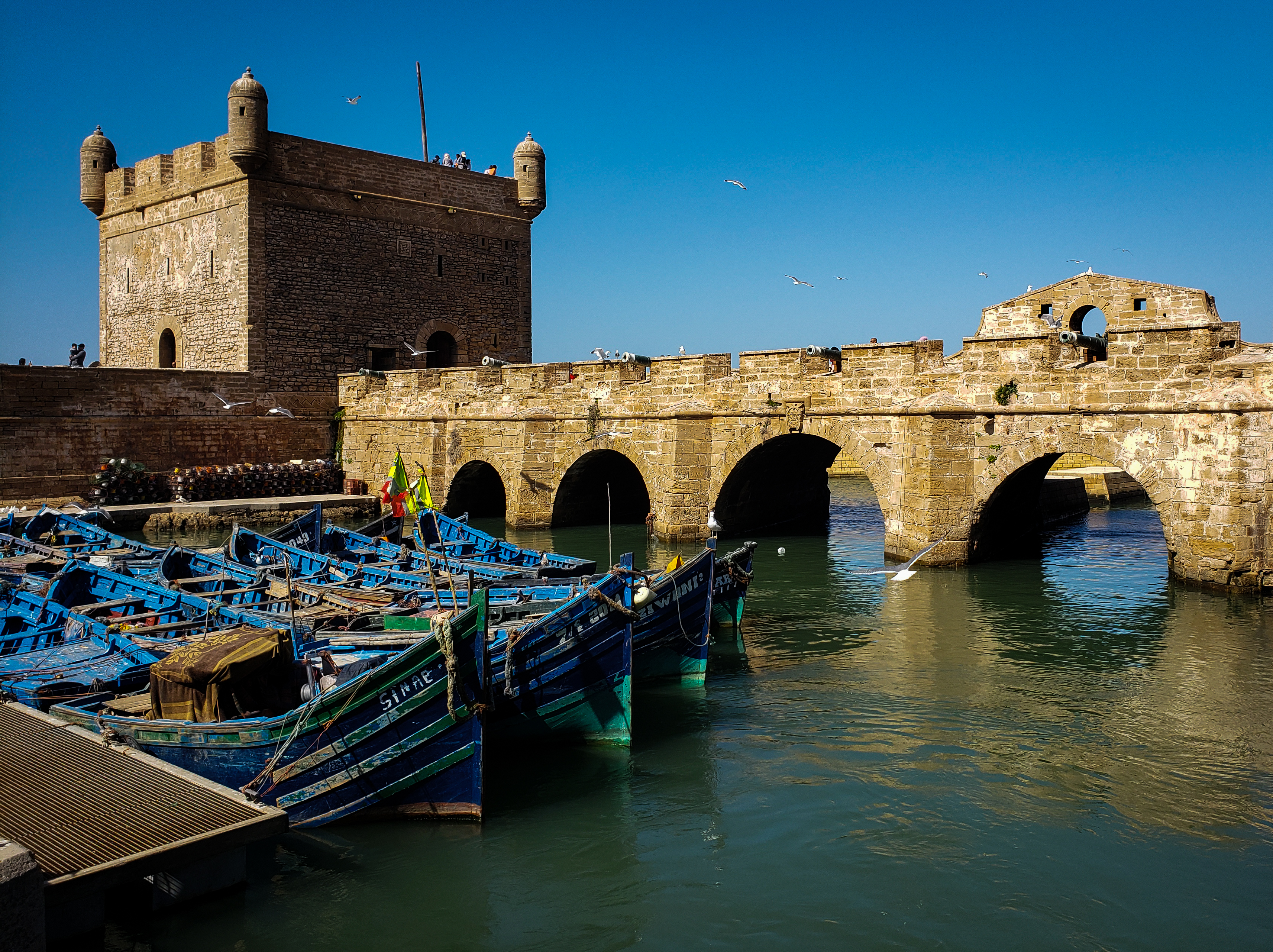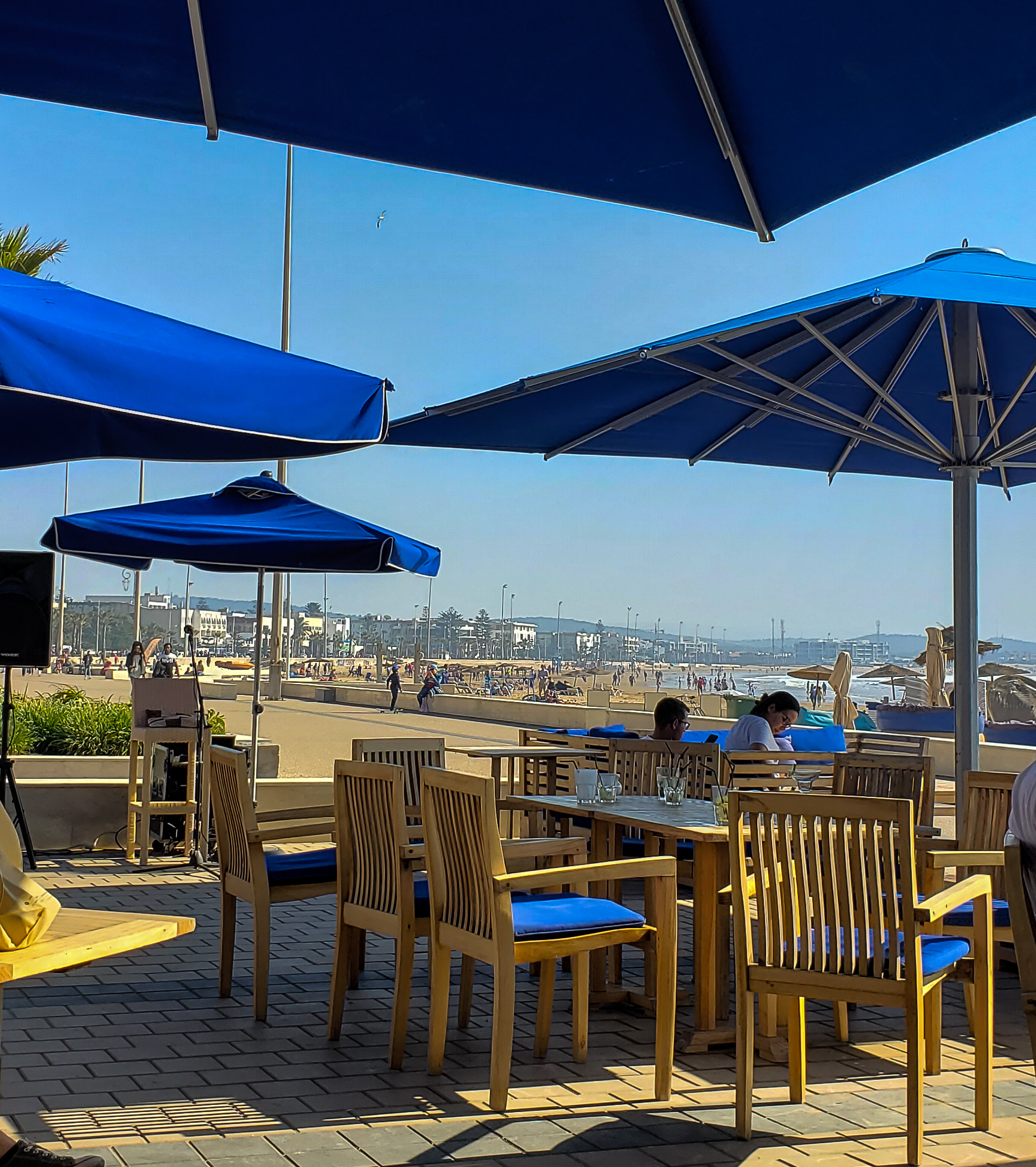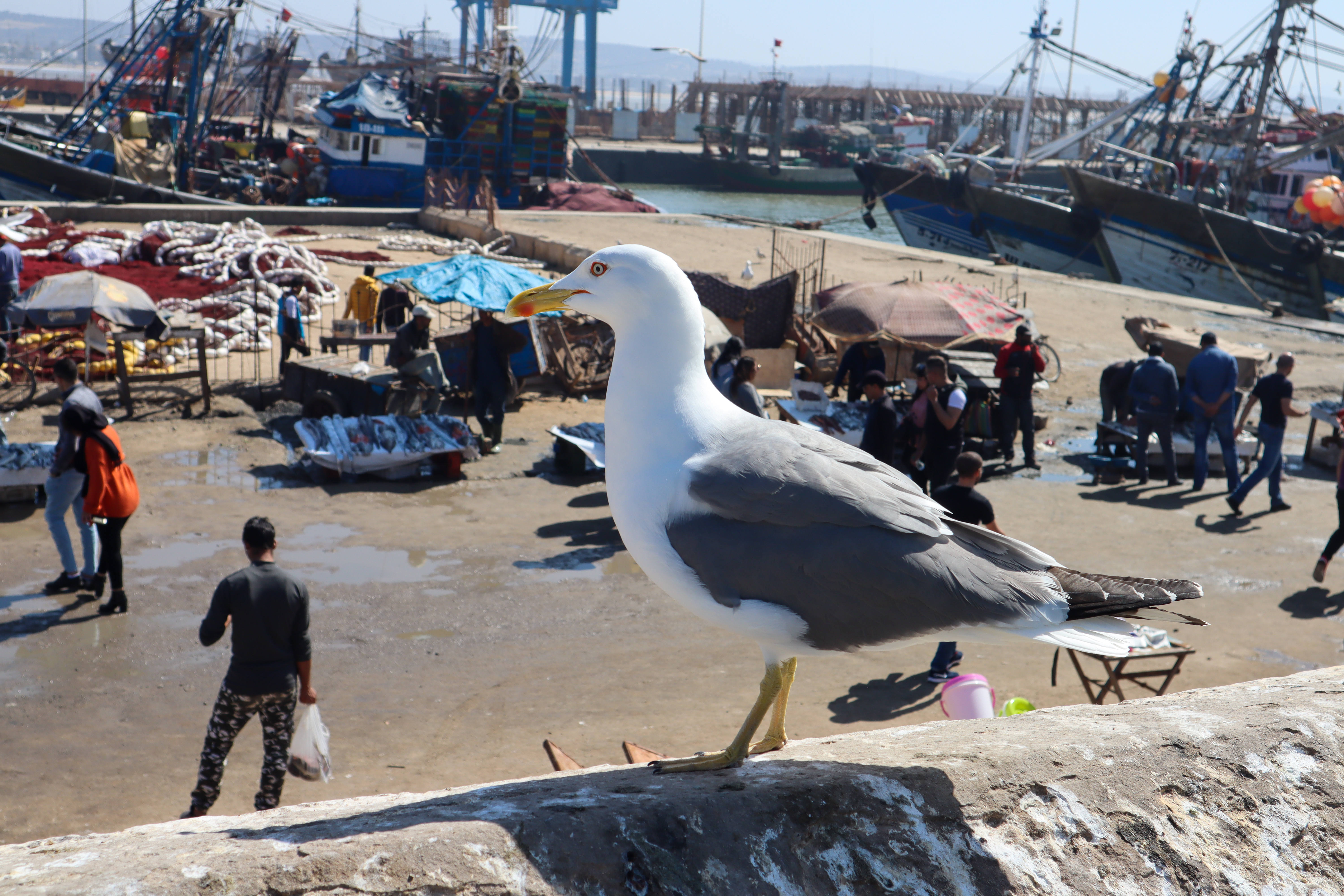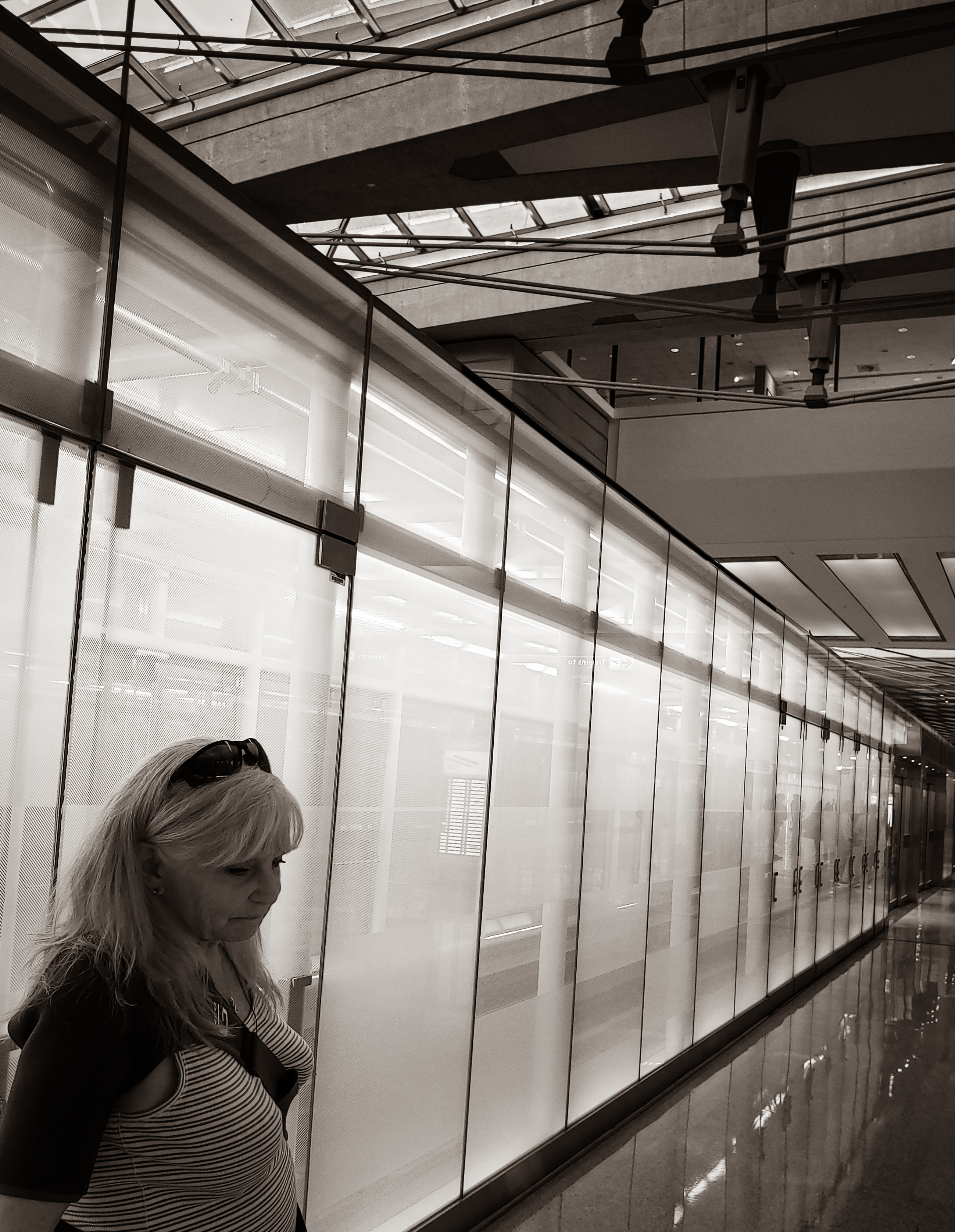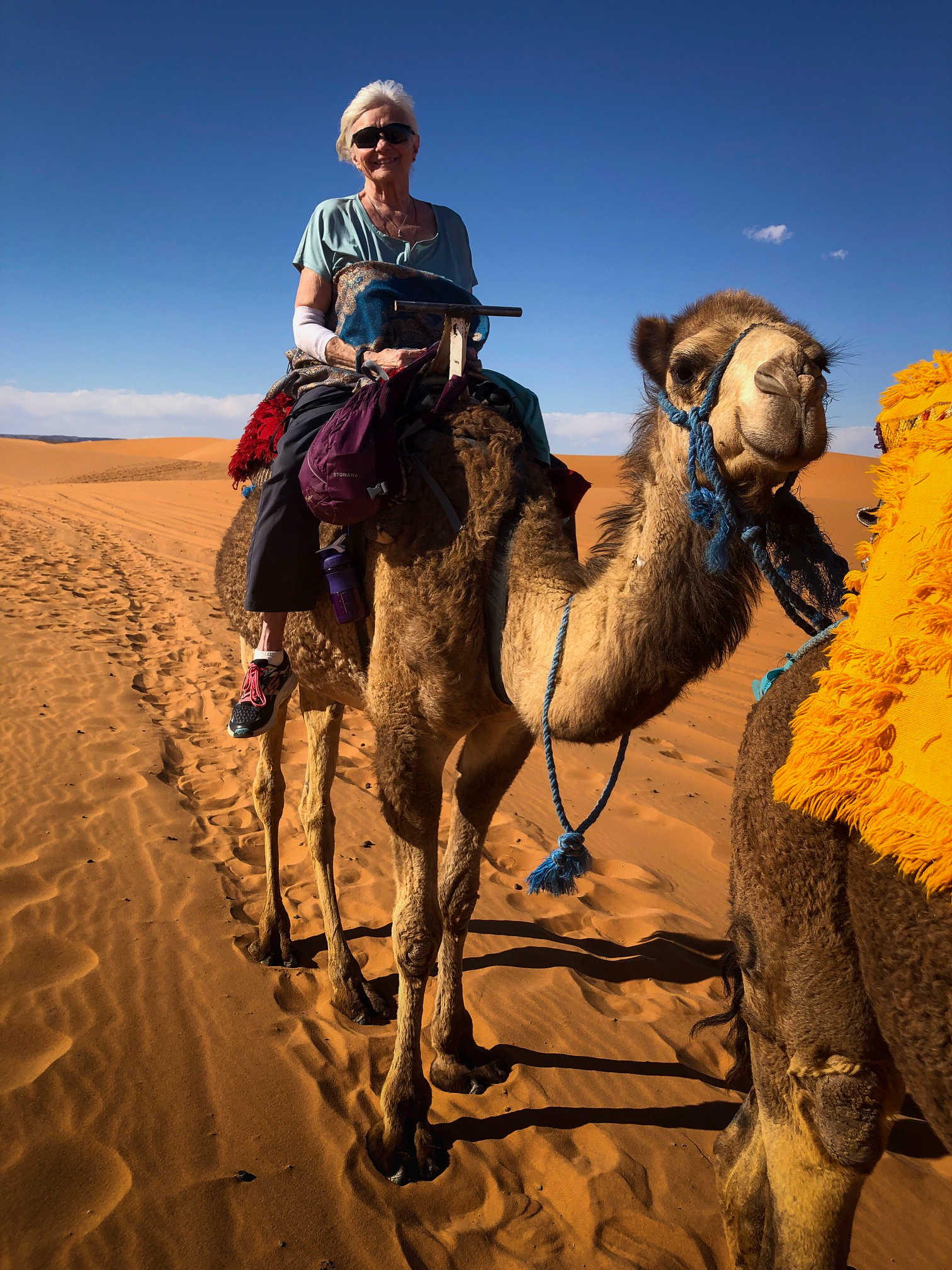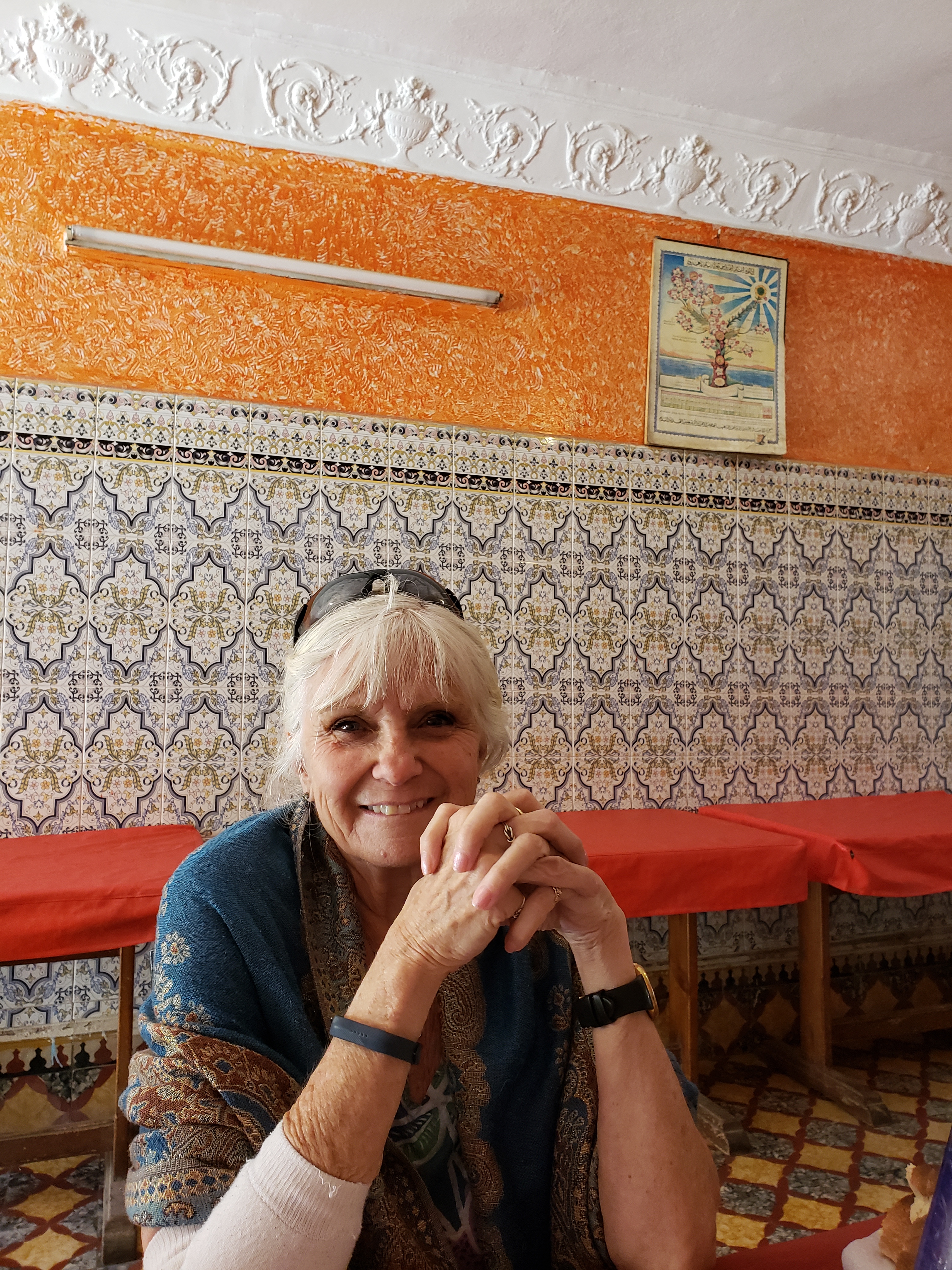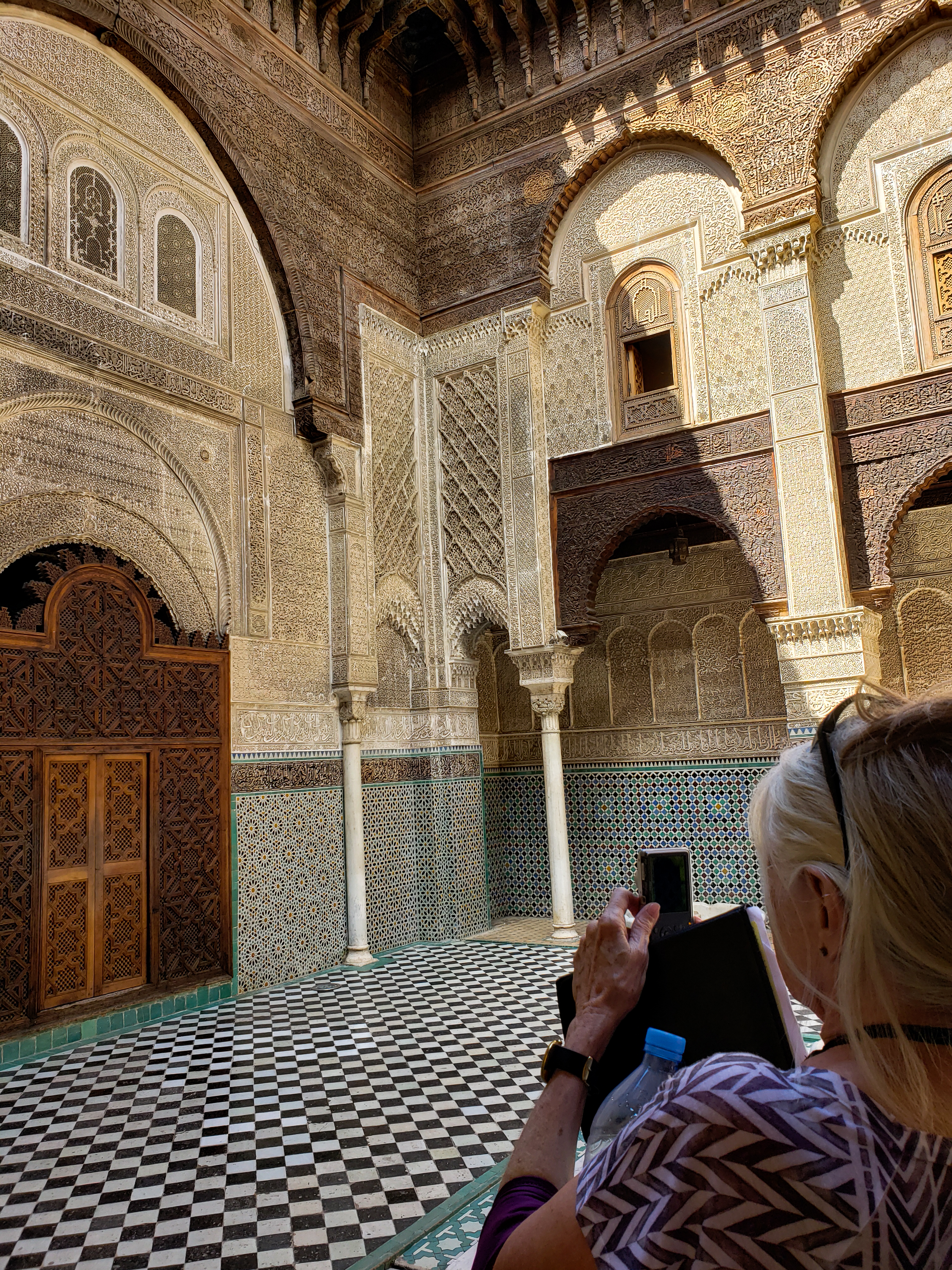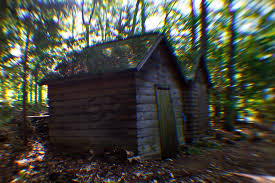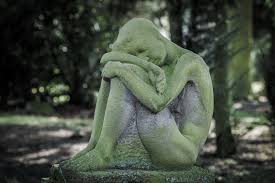“Did you hear that?” Laurinda asks as silence pulls me from my dozing state.
My mom’s friend and I sit up at the same time, searching the dark recliner ten feet away. Gears activate in my mind, and I count measured seconds. I reach and pass 50 before Mom’s lungs pull and push one breath of air, followed by noiseless darkness pushing my eardrums.
For one heartbeat Laurinda and I look at each other across the dim room. In a synchronized dance choreographed by three days together in a death watch vacuum, we stand up and move over to my mother’s prone figure.
“I think it’s time,” she whispers.
I nod as I move behind my mom, leaning down to kiss her forehead before whispering “I love you.”
Another raspy breath. Two short gasps. Silence.
The hum of electricity invades my ears, threatening a headache with its roar. Darkness wraps my shoulders, an embrace that grows heavier with each passing moment. Air seeps into my nose, my lungs afraid to scratch the night with an inhale as time stretches and presses on me. While my chest suffocates in black ink, my fingers separate from my mind and search for Mom’s pulse.
Nothing.
I shake my head at Laurinda, my fingers caressing Mom’s jaw before I step back. Like a newly wound clock, I move down the hallway with silent but solid footsteps. A strong wind of deep snores occupies the guest room. Minutes tick in each second as I shake Susan’s shoulders, urging her from a sleep drawn from 36 hours of hurried traveling.
“Mom’s gone,” I whisper after my aunt jerks awake.
The silence has followed me into her room, squeezing my neck and shoulders as I step away from the bed. I move in staccato measures, returning to my mom.
My hand finds a phone and hospice’s card. My ears hear echos of my voice talking to the on-call nurse. One hour, she says.
“One hour,” I say to Susan and Laurinda as metal gears direct me towards the recliner that has been my bed for the last two nights.
“Michelle,” Laurinda says, “she’s no longer here, maybe you should, I don’t know, cover her?”
I look at Laurinda, her words taking a minute to ease through the black quilt stitched around my mind. Tick tock, I walk to my mom and pull up her blanket, covering an expressionless face. The task complete, the clock resets to focus on the recliner.
I sit down. I pop up the leg rests. I pull up the blanket, a brown dual sided throw my friend lent me during the first hospital stay. I pull my legs up to my stomach. I put the pillow on the arm rest. I set my head on the pillow. I close my eyes. Except to open the door to the nurse and the mortician, I do not move. I do not sleep.
The silence wins, sinking me into darkness as time stops.
*
On March 31st, my mom and I sat in an ER room, staring in silence at the doctor as she delivered results against the beeps of a heart monitor. A CT scan showed a mass emerging from Mom’s pancreas and partially blocking her intestine, plus what appeared to be numerous cysts or tumors in her abdominal cavity.
On April 24th a biopsy confirmed the tumor was malignant. At the time, there was only 7mm space for food to pass through the duodenum and past the tumor.
On May 1st, we sat with the surgical oncologist and discussed whether it was more important to begin chemo or perform a GI pypass surgery. At the time Mom was still eating small amounts of food and protein shakes.
On May 8th, at the first meeting with the medical oncologist, Mom was hospitalized for emergency surgery.
*
“Mom, you need to get out of bed and walk.”
“I hurt and I’m tired. Just let me rest.”
“Every doctor who comes in here says you need to get moving. That’s the only way for the stomach to start working and for you to eat again.”
“Enough. Let me be.”
*
Due to Mom’s lack of recovery after nearly two weeks, another CT scan was performed. Though the surgery appeared successful, the tumor was threatening the artery to the liver and Mom had a blood clot in her lung. Mom’s GI track was still not working.
During the GI bypass surgery, Mom had a GJ tube installed. It is common practice for cancers involving the GI system, as the gastrostomy tube (G) can bring relief to nausea by draining the stomach contents while the jejunostomy tube (J) can deliver nutrition, hydration, and medication during times when the patient feels no hunger.
The doctors began tube feeding through a GJ tube to increase Mom’s nutrition and strength heading towards chemotherapy. Around receiving tube feeds, Mom drained her stomach to a foley bag. Both the draining and feeding were temporary measures.
Mom was released from the hospital, beginning her chemotherapy sessions that week.
My routine: Wash hands. Put on gloves. Pour formula into a plastic bag. Attach tubing to plastic bag. Prime tubing to remove air. Attach bag and tubing to pump. Put pump and bag in backpack. Flush GJ tube with 100 ml of water. Attach feeding tube. Begin pump. Administer abdominal shot of blood thinner. Wash hands. Try to write for clients.
Two weeks later Mom began vomiting, a common occurrence with chemo so we did not question the symptom. By the end of the weekend the fluid we were pulling from the stomach portion of her GJ tube changed in color and consistency. Over the weekend we took Mom into the ER twice, and both times she was hydrated with saline and sent home. By Monday she started leaking fluid around the tube site in her abdomen, despite draining her stomach regularly. Tuesday we went to her oncologist appointment and ended up in the ER. Mom was diagnosed with acute kidney failure and severe blood shortage.
The first week of June, Mom was hospitalized again. We spent two nights in the ICU as Mom was pumped full of fluids and blood in attempts to recover kidney functioning.
Despite all appearances, the connection between Mom’s stomach and her small intestine healed like a valve. The feeding tube that was directed into her intestine flipped, causing her stomach to close. Mom’s stomach was a closed balloon, filling with liquid every 12 hours.
That was the first time I watched my mom escape death.
After a week in the hospital, we were sent home with Mom carrying the foley bag attached to her G tube. Her stomach was still not pushing anything down into the intestine, causing bile and stomach acid to build up. While in the hospital Mom had a port installed into her chest.
A lot of chemo patients end up getting ports, as it allows IV treatments without having to access veins every week. More importantly, the port gave me access to feed her via TPN (a bag of lipids, fluid, and essential nutrients) for twelve hours every night.
My routine: Wash hands. Put on gloves. Lay out all the necessary tubes, needles, and medication. Via syringe, add multivitamin to the lipid fluid bag. Mix. Set aside. Put battery into pump. Attached tubing to lipid bag, priming tube to ensure no air bubbles. Attach tubing to pump. Put bag and pump into backpack. Put on new sterile gloves. Uncap the access to my mom’s heart. Wipe with alcohol. Flush with saline. Attach lipid tubing. Start pump. Administer shot into abdomen. Pull off gloves. Get a glass of wine.
I emptied the foley bag attached to Mom’s stomach twice a day, mentally noting the volume. Mom was taking in 2400 ml of fluid per TPN, and she was venting 2400 ml by stomach every 24 hours. Intake of water by mouth: nominal.
We went to the ER twice for dehydration, once after Mom passed out when a friend was with her and resulting in a scalp injury that never quite healed. Another time they sent her to the main hospital for overnight watch, just to make sure she was okay due to heart irregularities.
Add to the routine: prescribed saline bags when hydration appears to decrease, approximately 1000 ml every other day.
Mid-July Mom went back to the original GI doctor who performed the biopsy. This time they put in a stent to prop open the connection between her stomach and intestine. He removed the tube for feeding, leaving only a G tube for infrequent venting purposes, and gave Mom permission to start experimenting with solid food. As the doctor said, the plumbing works fine now. We felt a mix of relief, hope, and a little confusion. Mom no longer needed to drain fluid from her stomach, and for the first time in two months she was free from a foley bag.
Add to routine: medicine to move the stomach and intestines. Medicine to block stomach acid to prevent stomach bleeding. Both administered via artery port.
*
“Do you want yogurt or apple sauce?”
“I don’t really want either.”
“Mom, now that your stomach is working you need to eat. If you don’t eat, your stomach won’t work anymore. The doctors have cleared you, no reason to not eat.”
“Fine. Yogurt. Then a protein shake.”
“Thank you. Are we going to take a walk outside today?”
“No. I’m tired.”
*
Mid-August we had completed three cycles of chemo. It was time for another scheduled scan on August 15th to gauge success of the treatment. We never made it to the scheduled scan. Instead, Mom went into the ER with sepsis. A CT scan was performed by the ER doctor, and the infectious disease doctors searched for a source. The scan showed the tumor had blocked Mom’s liver and gall bladder. No source confirmed, but suspicions were blockage of the bile system caused toxins to back up into the blood stream. CT scan also confirmed chemo was not working.
The medical oncologist talked to Mom about options, which were very few in his mind. For him, she needed to recover from sepsis and regain strength before he would discuss any additional treatments. Chemo was off the table. The type of chemo that was ineffective for Mom was proven to be the most effective with the least amount of side effects. Any other version would have more side effects with less likelihood of success.
As the doctor said, he felt it would be practicing bad medicine to submit Mom to the side effects with decreased chances of success.
We had a meeting with the hospital’s palliative team. The doctor explained why radiation was not an option for Mom, as well as reinforcing and supporting why her oncologist was not going to pursue other chemo options.
After five days, Mom went home with IV antibiotics. At her next appointment, she was tested for immunotherapy and gene therapy. The oncologist did not have much hope for either, but there was a chance.
Add to routine: once every 24 hours administer 30 minutes of antibiotic via port.
The prescription was for 7 additional days after the hospital. Only 6 days after her last dose, Mom returned to the ER for her second case of sepsis. I watched my mom’s skin turn jaundiced in the first 24 hours as they tried to pump her full of fluids per protocol.
While in the hospital, we learned Mom was not a candidate for immunotherapy or gene therapy. We spoke with Intervention Radiologists about installing a tube into the liver to drain it to an external foley bag, and we talked with the GI doctors about installing an internal stent for the liver to drain.
The GI procedure was not an option due to the tumor. The IR doctor was honest about the risks of tapping the liver and what it meant, including having a bag she would have to carry around. Mom asked if it would help her live longer. The response was it would make her more comfortable. Risks associated with the procedure, combined with Mom’s current health, had a high chance of killing her. We decided against the procedure.
About three nights into our stay, I mourned my mother. I laid in the recliner next to her hospital bed, covered in my friend’s brown blanket in my nightly hospital repose since the first surgery, sobbing silent tears.
Hospital plan: comfort.
Once again we were sent home with IV antibiotics. Knowing how sepsis works and with no recourse for the source, I watched the days bleed by until we didn’t have antibiotics any longer. My mom gained 60 pounds in a few days, water her body shucked into her cells and abdomen. After pulling herself off hospice, my mom went into see her oncologist. He understood if she did not want to utilize hospice, but there was nothing else he could do to help her. He would continue to put in medical orders, but his message was clear: her liver was going to kill her in only a few weeks.
Our summer had been a quiet summer of routine and sleeping, punctuated by medical appointments and hospitalizations. That ended, and the time vacuum began on my birthday, September 10th of 2019.
A few minutes after midnight on September 22nd, my mom passed away from pancreatic cancer complications.
Hollywood and inspirational videos paint cancer as a slow wasting away until the person falls asleep and never wakes up. And maybe that’s the case with other cancers. Not pancreatic cancer. I watched as my mom’s major bodily systems shut down one by one, creating toxicity and decay. Until her last breath, my mom sat in her recliner hoping a miracle would save her life. Her fear of death was strong, but the disease was stronger.
I never questioned moving in with her. I never doubted changing my family’s entire life to be with her. Every choice I made was based on each moment, supporting my mom in the way she requested. I became an encyclopedia of events and medical jargon, medications and procedures.
For five months I didn’t look further than the day I was living. I tried to meet the needs of a five year-old with the increasing needs of a previously independent mother. What had become my life’s purpose ended in one weekend. Since my mom’s death, I have drifted aimlessly. It is not the loss of my mom, though there are traumas I need to process. Death is a part of life, and life continues.
Rather, I’ve tried to reinsert myself into my previous life. I don’t fit anymore.
As I start the process of cleaning out her house and cleaning out my mind, four words continue to haunt my consciousness. The four words started six months ago, but now is the time for me to act on them. I only hope I hold onto what I’ve learned through this experience to avoid inactivity. Instead, I will consciously choose life.
After all, life is too short.



